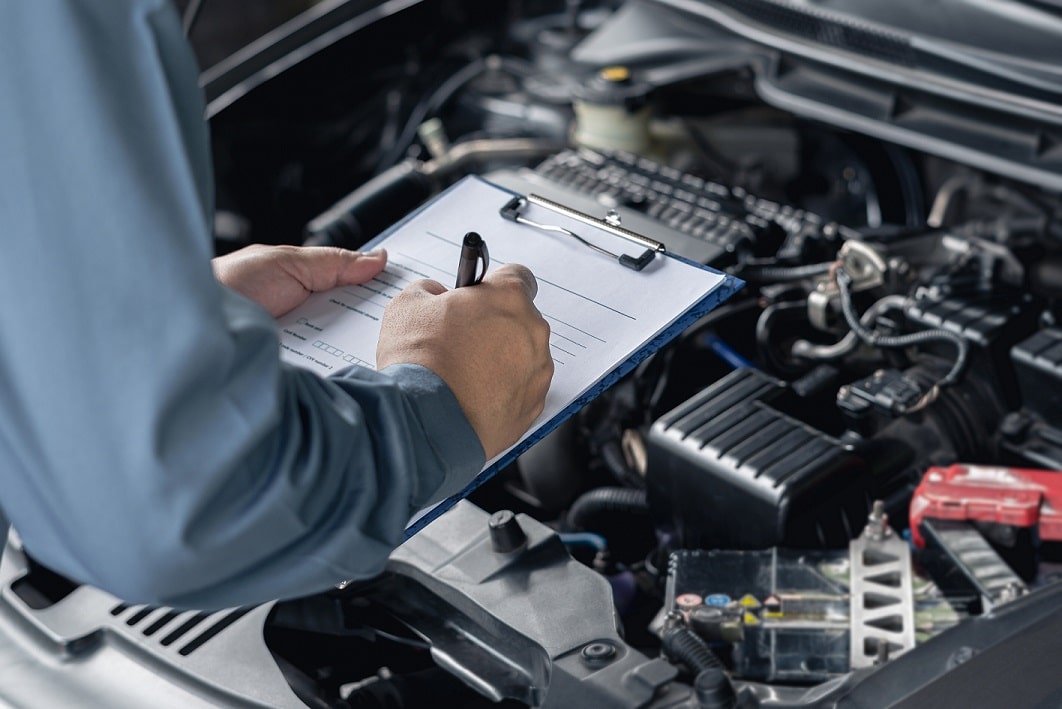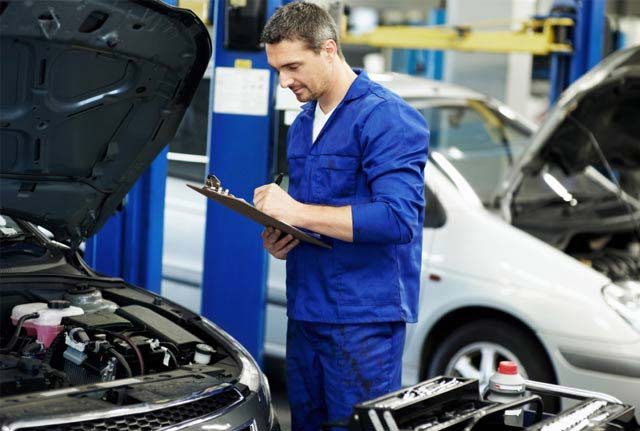All Categories
Featured
An automobile overheating can be a demanding scenario, especially if it takes place all of a sudden. High engine temperature levels can result in serious damage if not dealt with quickly. Knowing what to do when your car overheats and recognizing how to stop it can conserve you from pricey repairs and guarantee your safety and security when driving.
![]()
If Your Auto Overheats,What to Do. Draw Over Safely. As quickly as you discover indications of overheating-- such as steam climbing from the hood, a spiking temperature level scale, or warning lights-- draw over to a risk-free area. Switch off the engine quickly to prevent more damages.
Shut Off the air conditioning and Transform On the Heating unit. Turn off the air conditioning to reduce engine tons and switch on the heating unit if you're incapable to pull over right away. This reroutes heat far from the engine and right into the cabin, which can assist decrease the engine temperature briefly.
Open Up the Hood (with Caution) Wait for the engine to cool off prior to opening the hood. Opening it also quickly can reveal you to hot vapor or hot liquids. Once it's secure, examine the engine for apparent signs of trouble, such as dripping coolant or a damaged radiator pipe.
Inspect the Coolant Levels. If you have coolant or water in your car, add it to the reservoir or radiator once the engine has actually cooled off. Stay clear of including chilly water to a warm radiator, as it can create cracking.
![]()
Call for Support. If you're unable to fix the problem or diagnose, speak to a tow truck or roadside support. Driving with an overheated engine can cause considerable damages, such as a blown head gasket or warped engine elements.
Exactly How to Avoid Your Auto from Getting too hot. Inspect Coolant Levels Regularly. Guarantee your car always has the correct quantity of coolant. Reduced coolant levels are just one of one of the most typical root causes of overheating. Routinely inspect the coolant storage tank and top it off if required.
Check Radiator and Hose Pipes. Seek cracks, leakages, or loosened links in the radiator and hoses. Replace any broken components quickly to avoid coolant leaks.
Maintain Your Cooling System. Flush and replenish the cooling system as recommended in your lorry's owner manual. With time, old coolant can shed its effectiveness and stop working to protect the engine from overheating.
Screen the Thermostat and Water Pump. A malfunctioning thermostat or water pump can interfere with the cooling system's function. Have actually these components examined throughout regular maintenance to catch issues early.
Avoid Overloading Your Vehicle. Too much weight puts added stress on the engine and air conditioning system. Maintain your lots within the manufacturer's suggested limitations.
Enjoy the Temperature Level Scale. Focus on your temperature level gauge, especially throughout warm climate or when driving up steep inclines. Take preventative measures such as reducing rate or turning off the A/c. if the gauge starts to climb.
Verdict. Acting quickly and safely can protect against additional damage to your engine. With proper care, you can maintain your engine running smoothly and avoid the hassle of an overheated automobile.

If Your Auto Overheats,What to Do. Draw Over Safely. As quickly as you discover indications of overheating-- such as steam climbing from the hood, a spiking temperature level scale, or warning lights-- draw over to a risk-free area. Switch off the engine quickly to prevent more damages.
Shut Off the air conditioning and Transform On the Heating unit. Turn off the air conditioning to reduce engine tons and switch on the heating unit if you're incapable to pull over right away. This reroutes heat far from the engine and right into the cabin, which can assist decrease the engine temperature briefly.
Open Up the Hood (with Caution) Wait for the engine to cool off prior to opening the hood. Opening it also quickly can reveal you to hot vapor or hot liquids. Once it's secure, examine the engine for apparent signs of trouble, such as dripping coolant or a damaged radiator pipe.
Inspect the Coolant Levels. If you have coolant or water in your car, add it to the reservoir or radiator once the engine has actually cooled off. Stay clear of including chilly water to a warm radiator, as it can create cracking.

Call for Support. If you're unable to fix the problem or diagnose, speak to a tow truck or roadside support. Driving with an overheated engine can cause considerable damages, such as a blown head gasket or warped engine elements.
Exactly How to Avoid Your Auto from Getting too hot. Inspect Coolant Levels Regularly. Guarantee your car always has the correct quantity of coolant. Reduced coolant levels are just one of one of the most typical root causes of overheating. Routinely inspect the coolant storage tank and top it off if required.
Check Radiator and Hose Pipes. Seek cracks, leakages, or loosened links in the radiator and hoses. Replace any broken components quickly to avoid coolant leaks.
Maintain Your Cooling System. Flush and replenish the cooling system as recommended in your lorry's owner manual. With time, old coolant can shed its effectiveness and stop working to protect the engine from overheating.
Screen the Thermostat and Water Pump. A malfunctioning thermostat or water pump can interfere with the cooling system's function. Have actually these components examined throughout regular maintenance to catch issues early.
Avoid Overloading Your Vehicle. Too much weight puts added stress on the engine and air conditioning system. Maintain your lots within the manufacturer's suggested limitations.
Enjoy the Temperature Level Scale. Focus on your temperature level gauge, especially throughout warm climate or when driving up steep inclines. Take preventative measures such as reducing rate or turning off the A/c. if the gauge starts to climb.
Verdict. Acting quickly and safely can protect against additional damage to your engine. With proper care, you can maintain your engine running smoothly and avoid the hassle of an overheated automobile.
Latest Posts
Montclare Auto Repair: Your Reliable Expert for Brake & Engine Repairs
Published Apr 20, 25
2 min read
Reliable Vehicle Maintenance at Montclare Auto Repair - Book Today!
Published Apr 20, 25
2 min read
Delicious Eating Options for Your Event at FunCity Resort
Published Apr 20, 25
1 min read
More
Latest Posts
Montclare Auto Repair: Your Reliable Expert for Brake & Engine Repairs
Published Apr 20, 25
2 min read
Reliable Vehicle Maintenance at Montclare Auto Repair - Book Today!
Published Apr 20, 25
2 min read
Delicious Eating Options for Your Event at FunCity Resort
Published Apr 20, 25
1 min read